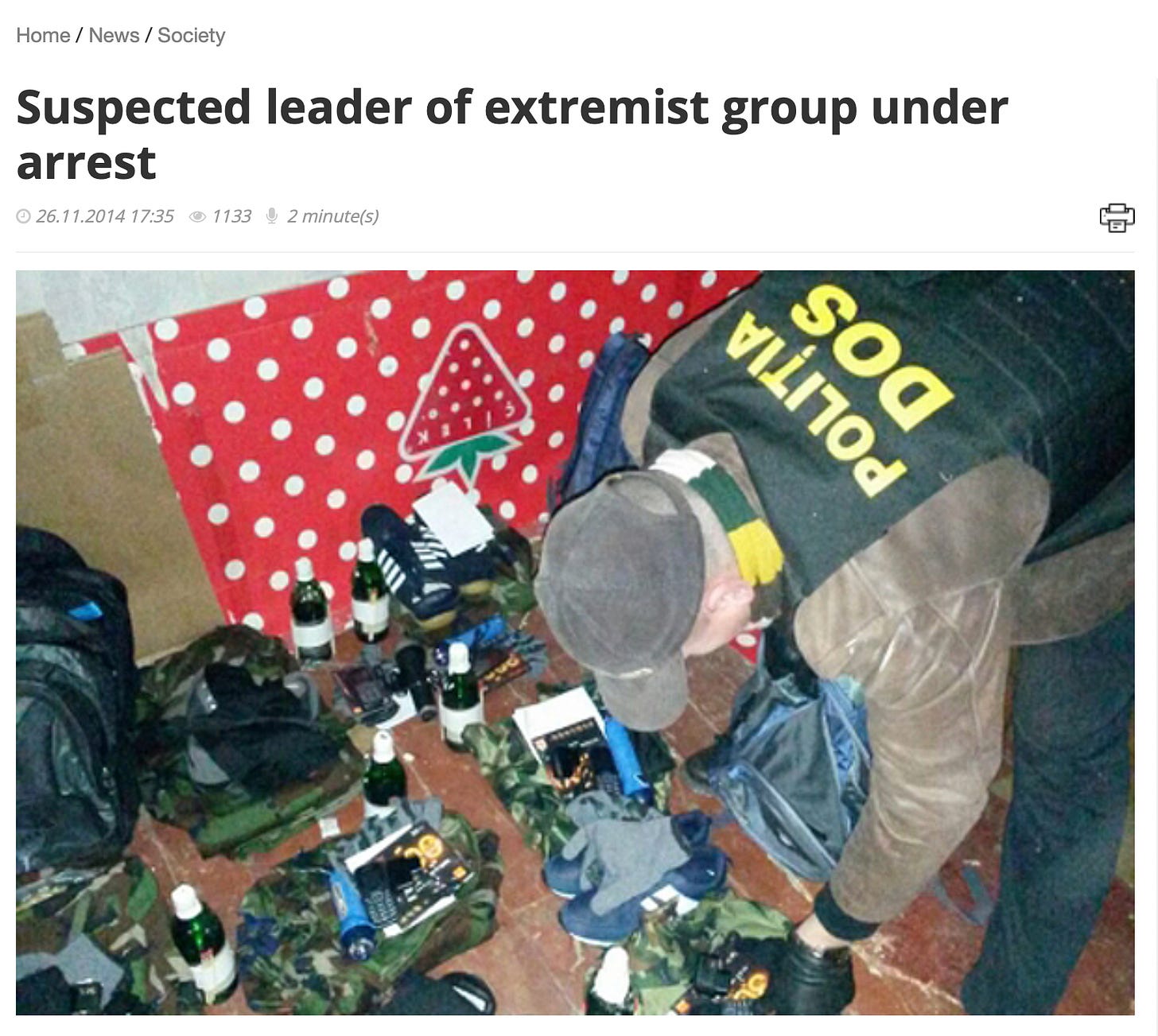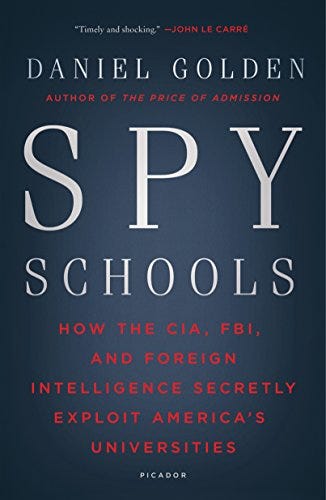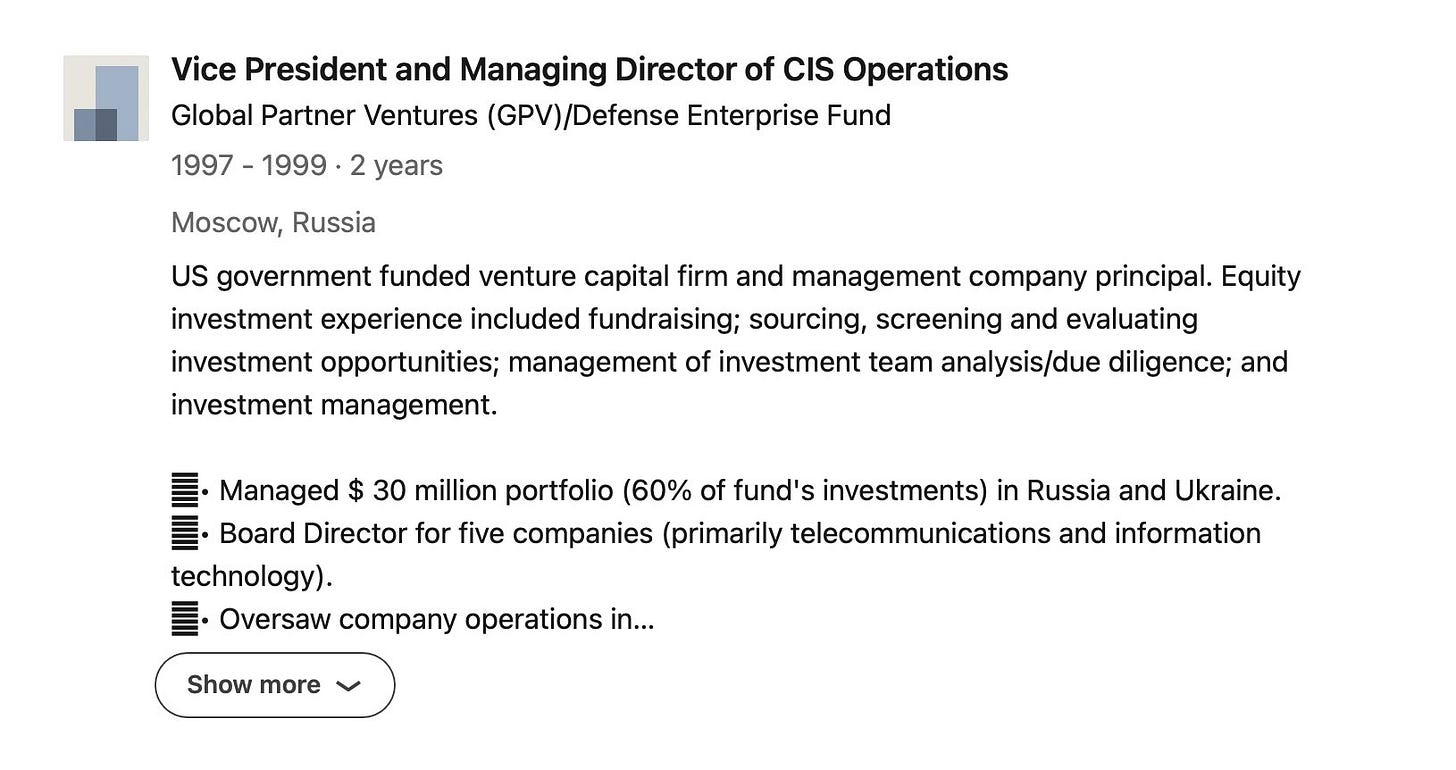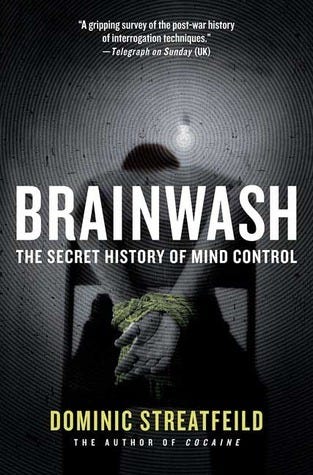Psychedelic Astroturf for Ukraine
How a neo-Nazi terrorist from Moldova became a "success story" for MDMA + psilocybin lobbyists in Ukraine
I really don’t know where to start with this one, so let’s just jump right in:
A neo-Nazi from Moldova who founded a terrorist hate group is now a “success story” for a new psychedelic astroturf organization in Ukraine. The organization is called the Ukrainian Psychedelic Research Association (UPRA), and they conveniently began operations just weeks before Putin launched his invasion of Ukraine in February 2022.
And while they tout him as a “success story,” UPRA has made no claims as to whether their neo-Nazi poster child—a member of the Azov Regiment who goes by the monicker “Hitman”—has renounced his hate-filled ideology or his terrorist activities targeting drug dealers and queer people. As far as I can tell, UPRA is not at all concerned about Hitman’s neo-Nazi activities. But they sure are excited for the lucrative opportunity his story has helped catalyze.
Lucrative opportunity? Allow me to explain.
Meet UPRA
The Ukrainian Psychedelic Research Organization, or UPRA, is an advocacy and lobbying group that promotes the legalization of MDMA and psilocybin therapy in Ukraine. While their official website does not offer a precise date for their origin, it does explain that they began operations in early February 2022, just weeks before Putin launched his invasion of Ukraine.
UPRA was co-founded by Oleh Orlov, a Ukrainian psychologist, and Elizabeth Ames, a former Massachusetts state government official. Ames is also the cofounder of a similar organization, Heal Ukraine Trauma. Her biography describes her as a "pioneer in the former Soviet Union’s transition to a free-market economy" with "30 years’ country-wide experience in Ukraine." (More on that later.)
UPRA also has a North American branch that is run by Yuriy Blokhin. Blokhin is himself the founder and CEO of Homecoming, an app for therapists and “transformational guides” that has partnered with MAPS Canada, the Beckley Foundation, and other psychedelic companies and research organizations. Homecoming has received support from JLS Fund, a VC firm with connections to the US State Department.
Meet “Hitman”
The first of UPRA’s “success stories” (their words, not mine) is Stanislav Hybadulin, a member of the neo-Nazi Azov Regiment, who received psilocybin therapy. He goes by “Hitman,” a name he picked up while fighting in the war in Ukraine.
But get this—“Hitman” is not even Ukrainian. He was born and raised in Moldova. In 2013, he founded Scutul Social, a vigilante extremist group that violently targeted drug dealers and queer people. Scutul Social’s violent, terroristic activities were so extensive that they were the subject of a criminal investigation by the government of Moldova. The investigation resulted in a raid of the home of the “suspected leader” of Scutul Social, who in the pertinent press report remains unnamed.
Scutul Social (translated as “Social Shield”) is generally associated with a number of other extremist hate groups in Moldova that together formed a wave of “post-Soviet vigilantism” in the country. Scutul Social was accused by Moldova’s state prosecutor of “inciting hatred” and stoking “national, ethnic and racial division, for social hatred purposes.”
A few months after the raid in Moldova, Hybadulin relocated to Kyiv, Ukraine, where he joined the Azov Regiment, the now notorious neo-Nazi paramilitary group. He learned Ukrainian, studied “sabotage and reconnaissance” with Azov, and then joined Ukraine’s Armed Forces.
When war broke out in February 2022, Hybadulin endured some particularly gnarly and traumatic experiences, including the loss of a limb, while fighting for Ukraine. The Moldovan skinhead who’d spent years terrorizing others now had PTSD himself. He spent time in a military hospital and subsequently pursued tango dancing as a type of rehab.
After trying antidepressants (to no avail), he heard about psilocybin therapy and decided to give it a go. Hitman reported that the psilocybin therapy helped him feel “very well” and described it as a “miracle.”
Hitman’s touching story is now used as fodder by UPRA as they push for government approval of MDMA and psilocybin therapy in Ukraine. But neither UPRA nor Hitman have mentioned whether the psilocybin therapy had any effect whatsoever on his utter hatred for drug dealers, queer people, and ethnic minority populations, or his passion for extremist violence. Evidently, that is not of concern to them.
UPRA’s Partner Groups
On its website, UPRA lists three partners: Heal Ukraine Trauma, the Boston Psychedelic Research Group, and Homecoming. I decided to check out these groups’ objectives, staff, etc. Here’s what I found…
1. Heal Ukraine Trauma
Heal Ukraine Trauma (let’s call it HUT) is a 501(c)(3) non-profit. Their stated goal is “to help Ukrainian adults and children heal from conflict-related trauma.” A noble goal, no?
Interestingly, every single UPRA member named on their website is also, it so happens, part of the personnel at HUT. In fact, like UPRA, HUT was co-founded by Elizabeth Ames. Oleh Orlov, the psychologist who co-founded UPRA with Ames, is an advisor to HUT. And Yuriy Blokhin, who runs the North American UPRA branch, is a board member at HUT.
Along with Ames, HUT’s other co-founders include Elaine Klein and Colin Greenstreet, each of whom used their Ivy League education to build careers in Big Pharma.
Klein got her bachelor’s from U Penn and her Master’s from Harvard. She was a marketing director at Johnson & Johnson for 15 years before becoming a vice president at Bristol-Myers Squibb. After she left Bristol-Myers Squibb, she started her own pharmaceutical consulting firm.
Greenstreet got his bachelor’s from Oxford and his master’s from the Harvard Kennedy School. He worked as a consultant for Booz Allen and McKinsey before becoming vice president of R&D at GlaxoWellcome (now GlaxoSmithKline, or GSK).
Among HUT’s board members is Anne St. Goar, a Harvard alum who is currently a MAPS therapist. Her husband and fellow Harvard alum, Shippen Page, serves as HUT’s secretary. St. Goar and Page both sit on the board of directors for the Boston Psychedelic Research Group, another one of UPRA’s partners.
2. Boston Psychedelic Research Group
The Boston Psychedelic Research Group (BPRG) is a “nonprofit corporation” that was started in 2018 and is “committed to the promotion, dissemination, and advancement of psychedelic research.” Their website does not list a founder or any similar positions, but it does name their board of directors.
Among them are St. Goar and Page, who are both also involved in HUT, as mentioned above. Another BPRG board member is Ronald Mis.
Mis, like Ames, got his bachelor’s from Yale and his master’s from Harvard. He then worked as a consultant at Bain & Company for several years. Bain & Company is a private equity firm co-founded by Mitt Romney that works with defense contractors, pharmaceutical companies, etc. After Bain, Mis went on to restructure a number of electronics and supplies companies and is also the CEO of a private investment firm.
Another BPRG board member is Sherry Rais, a McGill graduate who worked as a consultant for the World Bank and the United Nations. She is also currently the CEO of Enthea, a psychedelic insurance company.
Quite a talented bunch, huh?
3. Homecoming
The third partner listed on UPRA’s website is Homecoming. Although Homecoming is incredibly vague about what they actually do, if you poke around a bit on their website you’ll find that they make an app for therapists and “transformational guides.” Interestingly, the company has received support from JLS Fund, a VC firm with connections to the US State Department.
Homecoming was founded by Yuriy Blokhin, who is also their CEO. As mentioned above, Blokhin runs the North American branch of UPRA and is a board member at HUT. He seems to be the one person directly involved in all three groups. At a meeting in New York City earlier this year, Blokhin stated that psychedelic drugs “can become an additional stream of revenue for Ukraine.” In the same meeting, he shared that he had “met an Army Ranger” with whom he partnered to provide ayahuasca to “special-ops veterans.” [It is unclear whether Blokhin’s special-ops-ayahuasca project is connected to UPRA or Homecoming.]
On Homecoming’s board of directors sits Julius Mokrauer. A quick trip to his LinkedIn shows that, after obtaining degrees from Stanford and Rutgers, Mokrauer managed R&D labs at Merck (the pharmaceutical giant) and served as a vice president at Lehman Brothers (the massive financial firm that went down in the 2008 economic crash). He is currently a professor at Columbia and holds prominent roles and board positions in several other companies and organizations.
OK…So, What?
I just threw a lot of information at you. Let me boil it down so it’s easy for everyone to understand.
In short, a bunch of Big Pharma and finance executives got together with a state official and launched an astroturf group to lobby Ukraine’s government to pursue MDMA and psilocybin therapy for its war veterans and refugees. They celebrate the story of a neo-Nazi who took psilocybin in hopes that this will do the trick to convince everyone that what Ukraine needs right now is a new, legal, privately-owned psychedelic drug sector.
If the whole thing strikes you as just a bit disingenuous, I don’t blame you. Frankly, I find it absurd.
And yet, it’s not surprising to me in the slightest.
The appearance of UPRA and HUT and their alliance with Homecoming represent a merging of two phenomena that have til now been fairly distinct. The first: the military industrial complex’s love affair with psychedelic drugs. The second: the intense interest which Western financial markets have for Ukraine, something which has come to a tipping point with Putin’s invasion.
With just a little bit of historical context, we can see that this project, while on the surface a decidedly modern effort, is itself actually a continuation of themes that go back at least to World War 2, if not earlier. And although none of these groups has explicitly said so, if one reads between the lines they can find hints and clues that this project itself bears some potential connections to the US intelligence community.
Ivy League + Intelligence Community Ties
Interestingly, the majority of personnel who make up UPRA, HUT, BPRG, and Homecoming graduated from colleges and universities that were sites of CIA-funded drug research during MK-ULTRA. These include not only the standard Ivy League schools like Harvard, Yale, Cornell, and U Penn, but also schools such as Stanford, McGill and Georgetown.
I also find it notable that two of HUT’s co-founders came through the ranks of Harvard’s Kennedy School. Some of my fellow drug nerds may recognize the Kennedy School (or “the K School,” as insiders call it) as the very same institution where Rick Doblin studied drug policy before pursuing MDMA medicalization, and where William Leonard Pickard studied fentanyl and warned that it might one day take over the US and the world.
If you read my piece, “What’s the deal with neo-Nazis and fentanyl?” you may recall that Harvard’s Kennedy School has maintained a close, working relationship with the CIA for decades and that many of the agency’s personnel attend the Kennedy School. Journalist Daniel Golden explained this relationship in Spy Schools: How the CIA, FBI, and Foreign Intelligence Secretly Exploit America's Universities. In it, he wrote that Harvard functions as “a training ground for [CIA] employees.”
On a similar note, it was while attending the Kennedy School that William Pickard acquired contacts in the CIA and the State Department, who in turn introduced him to high-level government officials in Russia with whom he discussed fentanyl. Pickard even described the Kennedy School as “somewhat like CIA at Langley” and noted that there is “no shortage of CIA people at [the] K School.”
Elizabeth Ames, who co-founded both UPRA and HUT, went to the Kennedy School, and later even served as the president of its New England Alumni Association for a couple years. Colin Greenstreet, her fellow HUT co-founder, also graduated from “the K School.” Afterward, while Ames was busy privatizing the state-owned enterprises in Ukraine following the fall of the Soviet Union, Greenstreet worked for Booz Allen, GlaxoWellcome, and McKinsey. Both dutiful and obedient lackeys of US capitalist hegemony.
Ames’s track record in Ukraine is pretty interesting. While Pickard was starting his studies at the Kennedy School, Ames was working with USAID on their Ukrainian Mass Privatization Project. The project “[lead] Ukraine’s first privatizations of large, state-owned companies, the beginning of Ukraine’s capital markets.”
She then became a Vice President at CIS Operations, a VC firm funded by the US government, where she managed a $30 million portfolio of investments in Russia and Ukraine. She simultaneously directed the boards of several telecommunications/IT companies.
Ames’s work in Ukraine in the ‘90s represents the beginning of a process that is now in full-bloom, as shock-doctrine capitalism engulfs the impoverished country and Putin wrestles with NATO for control of the industrial and economic output of the former Soviet bloc. Ames’s privatization efforts with USAID and the fact that she oversaw $30 million worth of assets in Russia and Ukraine indicate that she is somewhat of a heavy hitter in the Ukrainian private sector. And all of this work was done with oversight and blessings from our dear federal government.
Bringing History Full-Circle
In a way, Ames, UPRA and their neo-Nazi mascot Hitman have brought something full circle, something which traces back to World War 2 and the original Nazi party.
Although many people are blissfully unaware, the modern interest in psychedelics owes largely to the politics of World War 2—specifically to the US military’s discovery of a series of secret drug projects run by the Nazis during the war. The Nazis conducted experiments with mescaline and other drugs in the concentrations camps at Auschwitz and Dachau. And recently, I learned another detail that adds an interesting twist to this already bizarre story.
The Nazis also conducted experiments with mescaline in a third location—Dnipro, Ukraine. Dnipro (then known as Dnjepropetrowsk) was the site of a series of experiments in which doses of mescaline and scopolamine were administered via injection to “airborne troops” repeatedly every 30 minutes. Surviving documents indicate that the research was done on Allied POWs, but writer/historian Dominic Streatfield suspects the experiments were actually carried out on Nazi troops.
When the war ended, US military personnel came across documentation of the Nazis’ mescaline experiments. Intrigued, they decided to launch similar projects of their own, to see whether mescaline and other drugs could be used as truth serums, to facilitate interrogation. And thus began a long and bumpy bureaucratic process that eventually spawned not only MK-ULTRA but also most if not all of the US’s psychedelic research programs.
The modern psychedelic industry is therefore a direct descendent of Nazi drug experiments, some of which occurred in Ukraine. This is not to say that any and all interest in these drugs began with the Nazis—clearly, they were used by numerous indigenous populations the world over for millennia beforehand. But from a political perspective, the Nazi mescaline experiments were a crucial turning point in the development of modern psychedelic research and its attendant industry and drug culture(s).
So, when I recently came across the story of Hitman, the neo-Nazi who took psilocybin and became the poster child for a psychedelic lobbyist organization in Ukraine, despite the utter absurdity of it all, it didn’t surprise me. Instead, I see it as merely the latest iteration of an old and ongoing continuum of events.
I don’t know what to do about all of this. But I figured I would start by sharing this information with you. Maybe, together, we can figure out some sort of future for these drugs which is a little less ridiculous, and which doesn’t involve neo-Nazis or “K School” graduates. Ah, who am I kidding…
Thanks for reading.
For more on Ukraine + drugs, check out:
Drug Trafficking in Ukraine
Where there is war, there are drugs. So as soon as war broke out in Ukraine, I began to wonder if and how drugs might play some role in the conflict. Today I will share some notes on drug trafficking in Ukraine, which, as it turns out, has been extremely
and
Ukraine, Psychedelic Neo-Colony?
This piece is written in solidarity with the people of Ukraine, who must contend with the violently destructive imperial ambitions of both Russia and the United States. In yesterday’s post, I said that the next newsletter would further elaborate on the Thaler investigation in Arizona. I am working on that piece now, but I came across something else over …



















